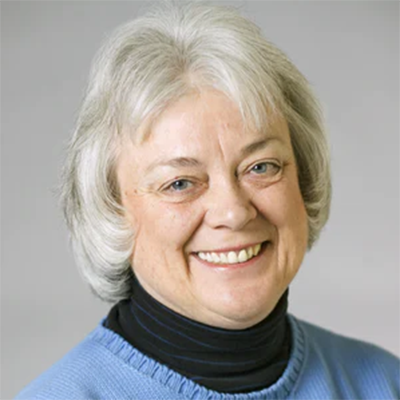Opinion: Remembering a child's trips to Africa, building a library, school and friendships

With the recent celebration of Mother’s Day a few weeks ago, I took the time to think about my children, now 50 and 47 and living on the other side of the country. I remember who they were as children, what mattered to them, seeing who they have become: What work they do, how they see their place in the world. And I think about what in their childhood days predicted who they would become. I will start here with my daughter.
On a random day in the late 1990s, I received a call from my daughter, just a few years out of college. “Mom,” she said, “remember how I have always wanted to go to Africa?”
To which I said, “No, I do not. I am pretty sure you have never mentioned wanting to go to Africa to me ever!”
“Well,” she continued as though it were clear to her that she had mentioned it many times, “I just read about a trip to Mombasa, Kenya, on the Indian Ocean, a village near there that needs help setting up a library.” So, she says the one word that will get me every time. A library — well how could she not just go immediately and help in such a worthwhile project. Time passes. She goes and comes home.
More: Opinion: What's your favorite book? It's usually one that connects us to important memory
And then she returns, maybe six or seven times over the next few years. She takes study-abroad groups for short stays during interterm of the college from which she graduated in the Pacific Northwest. She starts a school, raises money, helps build the initial building. (And over 20 years later, the school still exists.) I still have a picture of the school in its early days — the kids, Consolata, and my daughter stand in front of the green building with a thatched roof. Consolata, her new African friend, in my daughter’s shirt, still teaches in the school today.
On one of her trips, she decided perhaps it would be a good idea to travel to Uganda and go on a gorilla safari. So, by herself, she boards a bus from Mombasa to Nairobi, about eight-10 hours, then a bus from Nairobi to Kampala, Uganda, about 12 hours. As she climbs off the bus after a wearying 22 hours, she thinks about how safe she feels — almost simultaneously with the realization she has just had her bag snatched, which contained her wallet, money and credit cards. No money for the safari. Alas. She went around the block and found a youth hostel, operated by Steve, to whom she spilled her story. He provided the phone she used to call her dad back in the states to find out what to do.
More: Editor: Open call for women to share their voices, during Women's History Month and always
Details understood, she boarded a return bus within 24 hours for a trip back to Kenya. She never got the chance to take the safari. Soon she was back in the states, but eight months later she returned, this time with the man that would become her husband. First, she had to show him her little village near Mombasa, the school, then they boarded that same 22-hour bus trip that took them back again to Uganda — this time to complete the trip as she had intended.
Upon arriving, she led him to the youth hostel, where she was greeted once again by Steve, who took one look at her, while reaching for something, and said, “Here, Wintry, is your bag — your credit cards, but no money. I figured you would come back some day.”
When Wintry told me this story, I found it unbelievable. Why did a strange man in Kampala hold onto the stolen purse assuming that one day she might return? When she told me the story, I have every confidence that the surprise element was greater for me than for her.
More: Opinion: Women need other women to better their lives, their work and the world
This story happened over 20 years ago, but I remember it clearly because I still find it rather remarkable. A chance encounter with a hostel proprietor, the lending of a phone, a short talk, the passing of eight months, then another encounter, and the return of the stolen bag. I am not sure where my daughter learned to look at the world this way — to assume the best from people you don’t know. Wherever the trusting nature came from, the willingness to embrace a world so different from her own, I only wish I had many of her fine qualities. Makes me want to celebrate Daughter’s Day.
Margaret Earley Whitt is a retired college professor and lives in Gerton.
This article originally appeared on Asheville Citizen Times: NC writer recalls daughter's trip to Mombasa in Kenya
